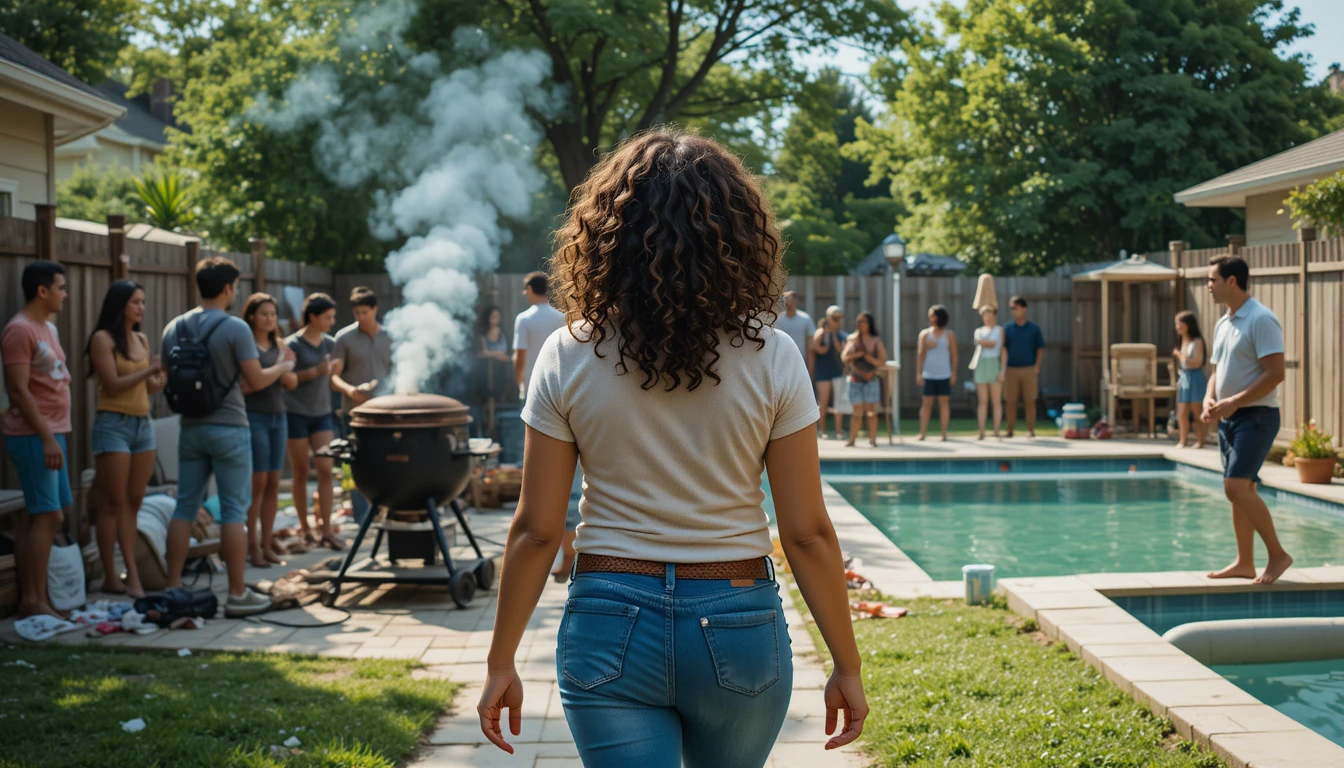Stories That Speak When the World Goes Quiet
Where silenced truths, sacred stories, and soul-deep reflections are finally heard.

He sat right beside her, but his gaze was lost in a place she couldn’t reach. And still—her arms wrapped around him, grounding him in love, reminding the world that even the forgotten are still deeply held. Dementia isn’t just about memory—it’s about connection, loss, and the invisible threads that keep us tethered to one another. This piece honors those threads.

Ever found yourself craving calm only to sabotage it the moment it arrives? This honest reflection explores what happens when we mistake peace for discomfort—and why chaos can feel like home when we’ve lived too long without safety.

So many are “almost there”—not quite in crisis, but never secure. This powerful piece explores the invisible line between survival and stability, and the emotional toll it quietly demands.

Some reactions aren’t just about what’s happening now—they’re echoes from what we haven’t yet healed. In this article, we dive into the truth behind emotional triggers and the hidden power they reveal when we finally pause and look closer.

Some days we glow. Some days we grieve. And some days—we do both.
This piece is for the ones learning how to hold joy in one hand and exhaustion in the other.
You are not broken. You’re balancing. And even when the world doesn’t see it—your light still lives here.

A sacred story of how silence became survival—and how healing began with breath. For anyone still learning to exhale without apology.